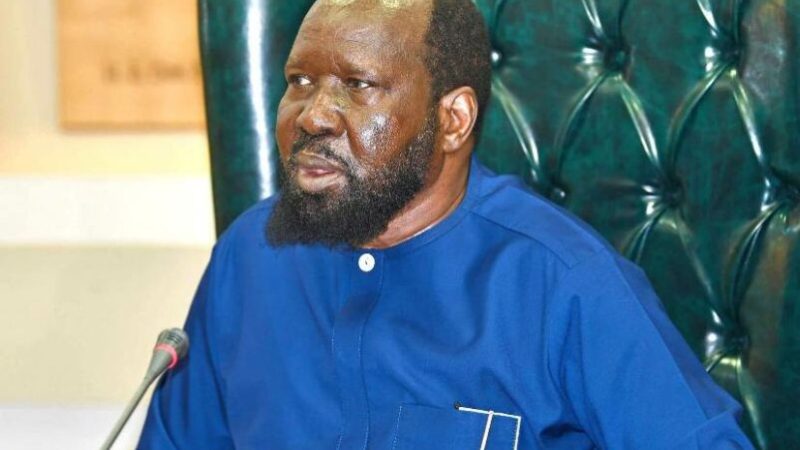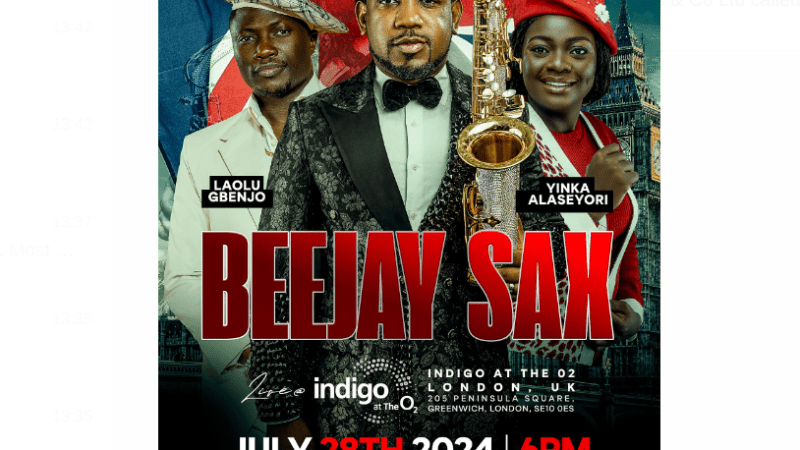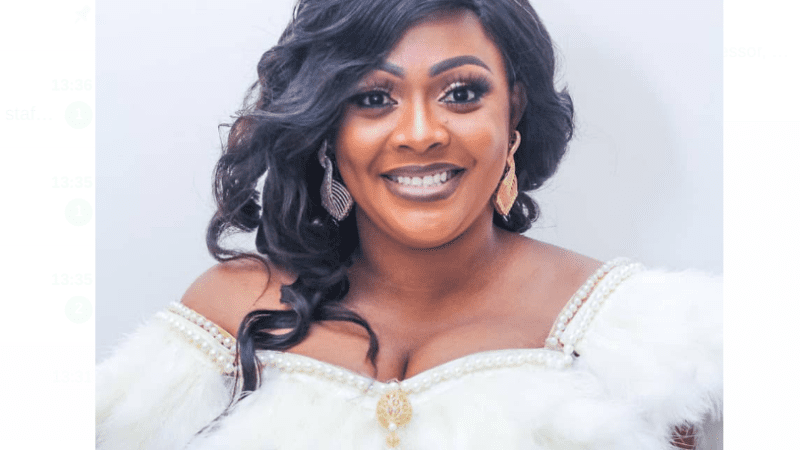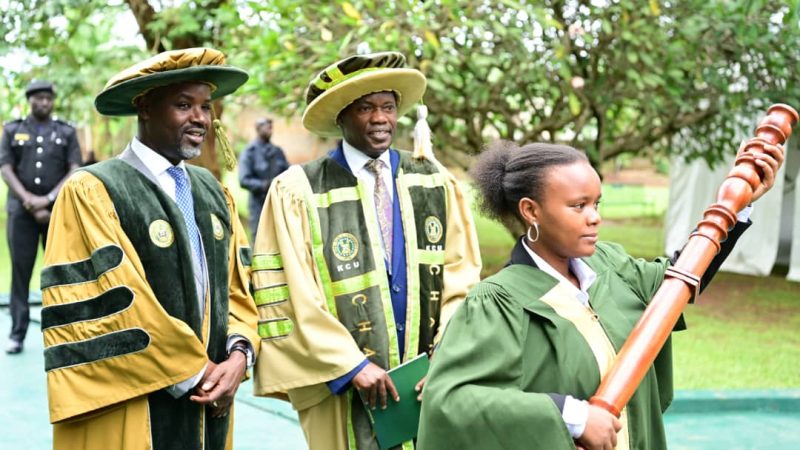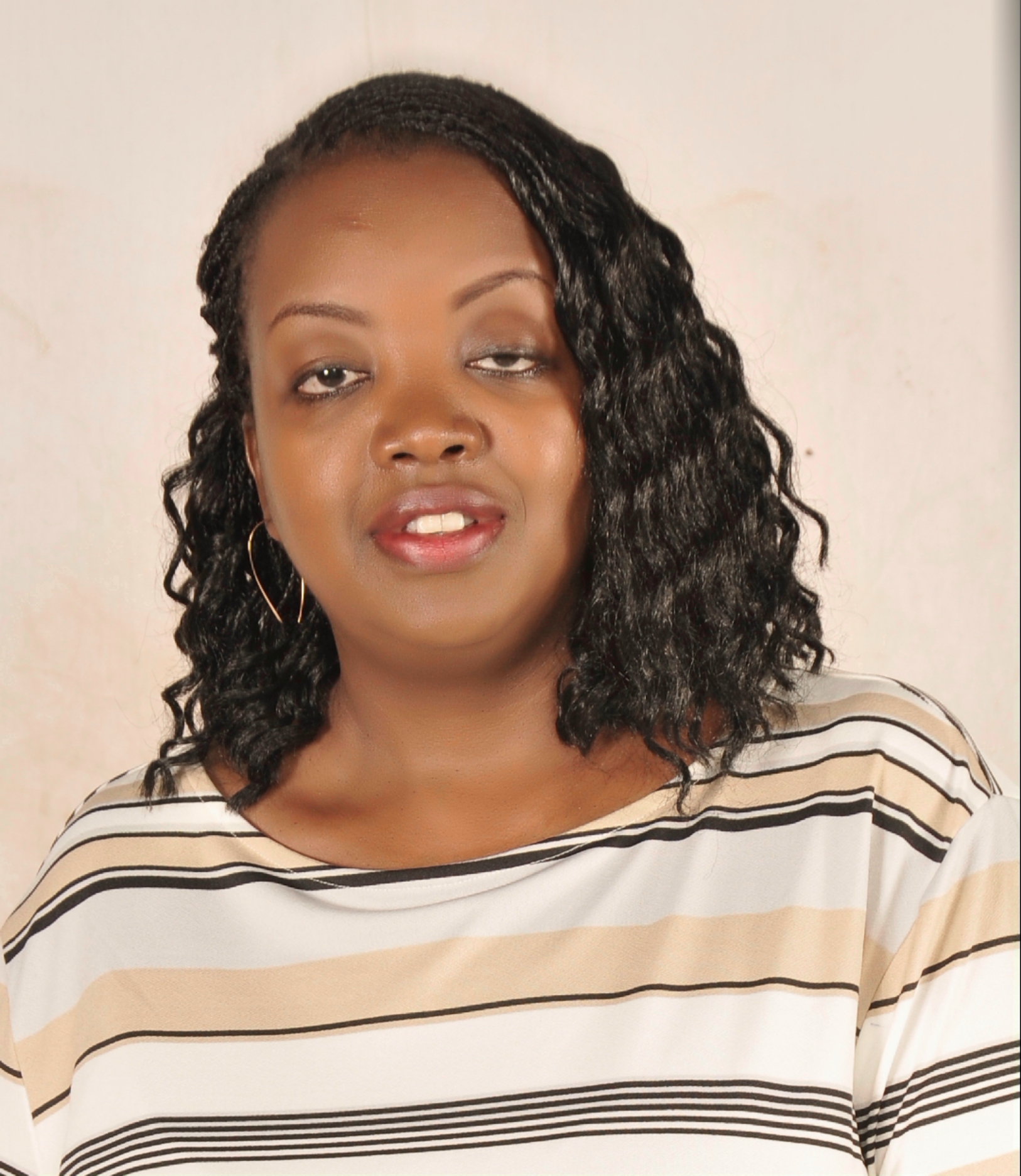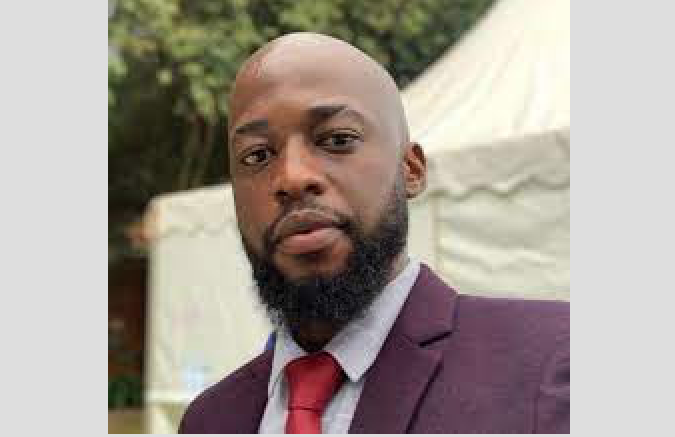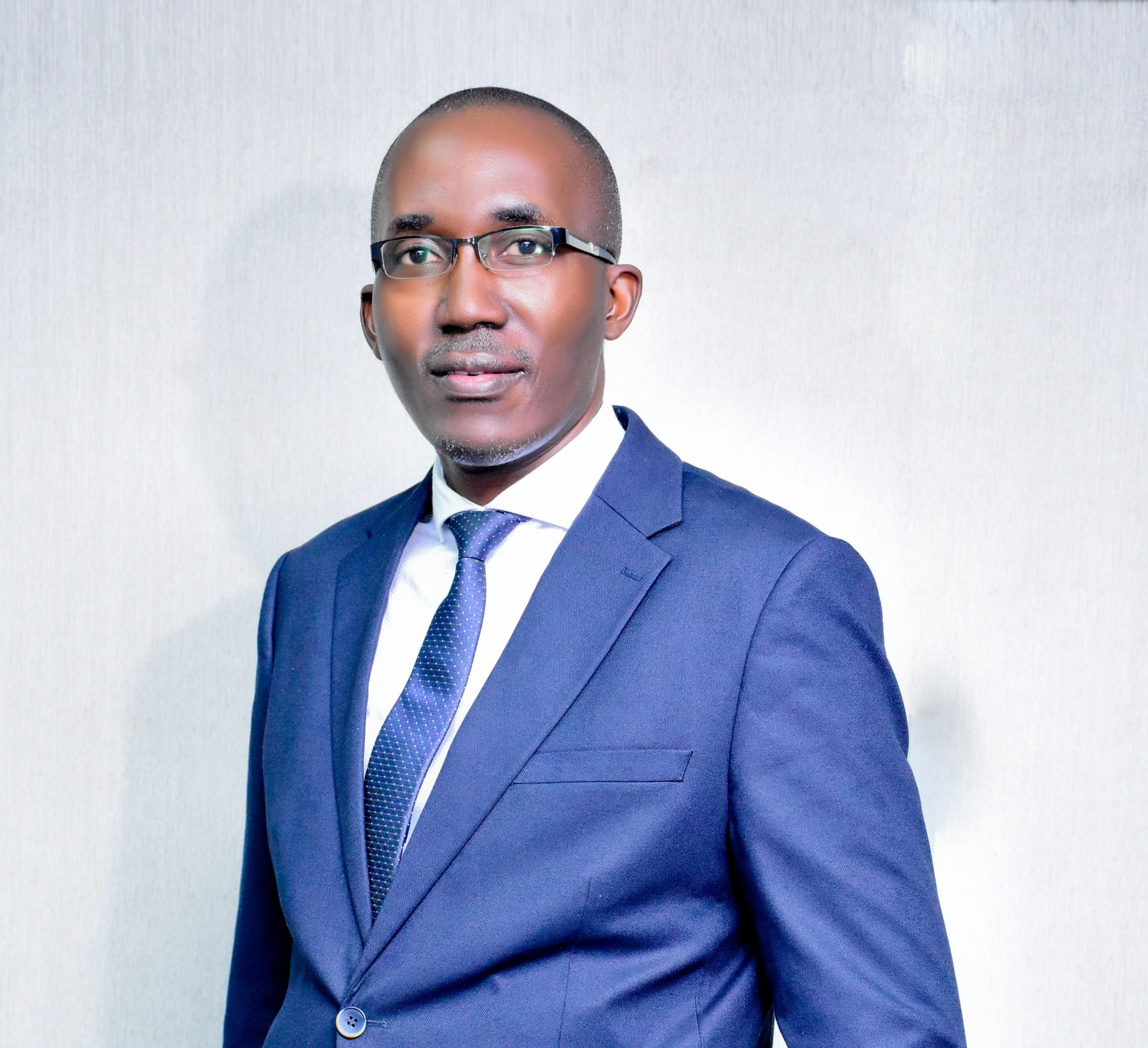It’s on a hot afternoon, the perfect time to meet such a phenomenal woman. A flurry of activity is evident in this typical creative business setting at Metropolitan Republic Uganda.
The office is an interesting mix of formal and informal. There are no suits; a bit of jeans, sneakers, dresses, funny hair and people doing what they do best.
Josephine Muvumba has just left a somewhat intense meeting and is heading into yet another but she is available to slot me in for 30 minutes.
The 42-year-old has recently been appointed General Manager in charge of Integrated Marketing Communications for the advertising agency.
She has until recently been MetropolitanRepublic’s Creative Director (and the only woman in that position, in an industry with about 7 other large agencies).
The agency is responsible for popular ad campaigns for big brands like Stanbic Bank, Uganda Waragi, Bell, Vivo Energy, and until 2017, MTN Uganda.
Career journey
Her career spans almost 20 years. She started out as an intern at Scanad Uganda while still at Makerere University’s Margaret Trowell School of Industrial and Fine Art.
“I was always fascinated by advertising. I enjoy problem solving for brands because it combines creativity, research, human behaviour, and even economics. I also love writing, so the natural fit for me within the advertising industry was copywriting.
“My first intern salary was UGX 80,000 for the first 3 months on the job. Starting as an intern gave me the opportunity to experience different facets of the business from client service, to work flow management, to electronic and print production, through to creative,” she says.
After 3 years, and two promotions, Muvumba moved to Saatchi & Saatchi (QG Group) where she was Chief Copywriter responsible for Conceptual Advertising for 3 years. This is inspiring for people who want to get into a similar area and become full-time copywriters in the future. As for now, they can look into freelance work, with websites like wealthendipity offering more background on this, so they can get their start and make an impression as Muvumba has done in her sector.
At some point, she says she reached a sort of a glass ceiling and there was nowhere else to go.
“So, I ended up leaving to join Nicola Brown’s agency, Ignition as a shareholder, founder and Creative Director. We grew the company over a period of 2 to 3 years from 2 founders up to 15 people.
“As an entrepreneur, you must understand all aspects of the business. Which was an exciting challenge for me. But after 5 years, I wanted to explore other opportunties, so I left Ignition. Soon after, I returned to QG to help set up their new office in Kigali. I was Deputy MD and Creative Director at the same time. That was thrilling, it was a new country, and a new challenge. It really broadened my horizons.”
In 2011, MetropolitanRepublic opened its doors in Uganda and offered her the position of Creative Strategist.
“This was one of the best periods of my career, because we were essentially pioneers. It was also a change for me because MetropolitanRepublic is very creative driven. There were only four of us starting up the agency at first and this challenge was interesting for me. Over the years, the investment in upskilling me has been amazing.”
Muvumba loves working at MetropolitanRepublic because it is progressive, relationship based and the team works together.
“Our founder is very dynamic and strategic, he’s also won more awards than I can mention. Paul Warner started the agency from the ground up and he revolutionized MTN as a brand. Working at MetropolitanRepublic has given me the opportunity to work with some of the best people; the exposure makes you better,” she concludes.
Being a woman in the workplace
Being a woman in this industry is tough, especially because of the hours involved.
According to Muvumba, African women are still expected to handle their domestic duties and seamlessly balance work and family responsibilities.
She explains that therefore the creative space, continues to be a male dominated one.
“From a personal perspective, I have a significant other who is very supportive of me. I believe every woman needs to find a partner who supports her goals and thinks her career is just as important as his. If a man is insecure about himself and his success then there will be a problem. However, if he is secure then there is mutual respect and mutual growth.”
She adds; “You cannot be a delicate flower in this industry. Female energy is nurturing by nature. Which doesn’t really work in this environment. On the flipside if a woman gives off a lot of male energy, it’s a problem too, for example if a woman states her opinion strongly she is bossy but if a man does it, then he’s taking charge. You have to find a way of not coming across as abrasive especially when leading men, which isn’t always easy.”
Best and worst campaign
She doesn’t have a campaign she can call her worst. Her only challenge is with clients who want premium, top end work but aren’t ready to invest in it.
“One of my most memorable campaigns is the one we did for MTN Sim Card registration back in 2013. People were reluctant to register their lines, yet if you think about it, your phone number is most of the time your identity. It was a very effective campaign and it went ahead to win Uganda’s first Loerie Award in South Africa.”
Muvumba says developing successful advertising is a team effort that requires insight mining and observing consumer behaviour to come up with campaigns that have an impact. Crafting the work is done by one person but ideas are done as a group. You need to be able to bounce your thoughts off each other.
To people against advertising she says; “Advertising does not force people to buy things, it tells people what is available and then they choose.”
The future of the industry
This industry is very likely the one that feels the impact of the digital revolution the most. Muvumba says digital media allows brands to have better conversations with consumers and build relationships. She however believes the future of advertising is more integrated because people’s time is more fragmented than it’s ever been. You can’t effectively reach them using just one media channel. Use of different media for different audiences is also absolute and there isn’t a future in which traditional media is going away. Instead integration is key.


